Completing an addiction recovery program is just one of many steps you can take toward long-term sobriety. But the recovery journey doesn’t end there. Research indicates that substance abuse relapse rates are between 40 and 60 percent, and, like other chronic illnesses, failure to follow a medical treatment plan can affect the chance of relapse.
What’s important to understand is that addiction is a chronic condition. That means some people may relapse regularly as part of their process but, over time, may find the right type of medical support for relapse prevention and the right type of lifestyle modifications to best support their recovery.
Relapse Prevention with Medical Support
One of the most important things to understand about relapse prevention with medical support is that any medical support received does not guarantee you won’t relapse. However, this support increases your likelihood of avoiding relapse by increasing the amount of time before a relapse or increasing the ability to abstain from using entirely.
The type of medication you receive as part of your medical support is based on the substances to which you are addicted, any co-occurring mental health disorders, and other personal factors.
Dual Diagnosis
If you are struggling with a dual diagnosis, medical support for relapse prevention might include medication for the substance to which you are addicted, as well as medication for the symptoms of your mental health disorder.
This can include prescriptions for antidepressants or antipsychotics as well as an administrative review of the effectiveness of each of those medications at regular intervals. You could review these treatments with your regular doctor or with professionals from a treatment center like Peninsula Health Center.
Medical Support Options for Relapse Prevention
If you are struggling with addiction to opioids or alcohol, the chance of relapse is much higher once you leave treatment. Thankfully, you can prevent relapse with medical support. There are several different options for medical support.
Disulfiram
For alcohol addiction, this form of medical support is provided after completing detox. Tablets are administered once a day, and they produce unpleasant side effects if even the smallest amounts of alcohol are consumed. These side effects can include:
- Problems breathing
- Nausea
- Vomiting
- Chest pain
- Headaches
These symptoms manifest within ten minutes of ingesting alcohol, and they remain for roughly one hour or more. This type of medication can act as a deterrent to relapse.
Naltrexone
Naltrexone is one of the FDA-approved medications used as part of medication-assisted treatment for recovery. It works as an antagonist designed to prevent opioid relapse after medically supervised withdrawal. It is also used for alcohol relapse prevention. Naltrexone can stop all pleasurable feelings associated with drugs and alcohol so that clients are less likely to derive any form of pleasure from using, making it less likely that they will relapse.
This form of medical support for relapse prevention can be administered orally or through an extended-release intramuscular option.
It requires a prescription and has to be provided through official treatment programs at facilities like Peninsula Health Center.
Studies indicate that this form of relapse prevention with medical support greatly reduces illegal opioid use and keeps clients in treatment more effectively than those who don’t have any medication.
Buprenorphine
Buprenorphine is another FDA-approved medication used as part of medication-assisted treatment (MAT). This is a partial agonist, and it can be administered through an extended-release injection under the skin, a subdermal implant, or a sublingual administration.
Much the same as Naltrexone, it also requires a prescription and can only be provided through legally approved facilities.
Studies indicate that this form of relapse prevention with medical support greatly reduces illegal opioid use and improves treatment completion more effectively than those who don’t have any medication.
Peninsula Health Center Can Help
The chronic nature of addiction means that relapse may be possible, but that doesn’t mean treatment is ineffective. Instead, it means that some people need relapse prevention with medical support or other coping skills to increase their ability to avoid or postpone a relapse after treatment.
At Peninsula Health Center, clients have the opportunity to participate in several types of outpatient programs, each of which comes with different opportunities for medical support and other relapse prevention education. Clients at our holistic drug rehab in California can participate in a variety of programs and therapies, including medication assisted treatment programs in Palos Verdes.
Contact our team today to learn more about relapse prevention with medical support and our outpatient programs.






